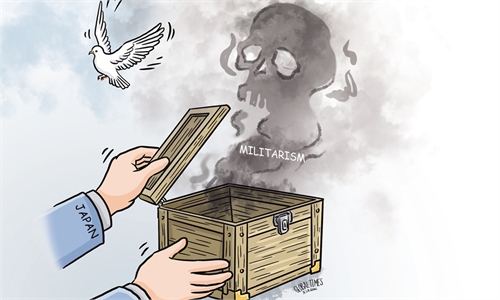One Statement: "Sludge" should be required reading for anyone interested in public policy
(in this endorsement from Pamela Herd, Professor of Public Affairs, McCourt School of Public Policy, Georgetown University)

“In this eminently readable and important book, Cass Sunstein details the little frictions—be they incomprehensible forms or hours spent in the rain waiting to vote—that stop us from getting what we want, including how sludge can steal our time, and even our dignity, in the process. Sludge should be required reading for anyone interested in public policy.”
About The Author Cass R. Sunstein
Cass R. Sunstein is Robert Walmsley University Professor at Harvard Law School and Chair of the Technical Advisory Group on Behavioral Insights and Sciences at the World Health Organization.

He is the author of The Cost-Benefit Revolution, How Change Happens, Too Much Information, Sludge (all published by the MIT Press), Nudge (with Richard H. Thaler), and other books.
Short Review from the publisher MIT Press:
We've all had to fight our way through administrative sludge—filling out complicated online forms, mailing in paperwork, standing in line at the motor vehicle registry. This kind of red tape is a nuisance, but, as Cass Sunstein shows in Sludge, it can also impair health, reduce growth, entrench poverty, and exacerbate inequality. Confronted by sludge, people just give up—and lose a promised outcome: a visa, a job, a permit, an educational opportunity, necessary medical help. In this lively and entertaining look at the terribleness of sludge, Sunstein explains what we can do to reduce it.
Because of sludge, Sunstein explains, too many people don't receive benefits to which they are entitled. Sludge even prevents many people from exercising their constitutional rights—when, for example, barriers to voting in an election are too high. (A Sludge Reduction Act would be a Voting Rights Act.) Sunstein takes readers on a tour of the not-so-wonderful world of sludge, describes justifications for certain kinds of sludge, and proposes “Sludge Audits” as a way to measure the effects of sludge.
On balance, Sunstein argues, sludge infringes on human dignity, making people feel that their time and even their lives don't matter. We must do better."
==========================================================================
Insert: Author Interviews
Cass Sunstein Explores The Bureaucratic Sludge That Slows Us Down In Latest Book
===========================================================================
Paperwork Sludge from BIG THINK:
Cass Sunstein 03 Sept 2021
Sludge: Americans spend 11.4 billion hours filling out federal paperwork
Unreasonable burdens prevent people from thriving. Eliminate them.
". . .Elimination of sludge is not always included in the category of deregulation. It should be. In view of the costs of sludge, material and otherwise, sludge reduction should be a high priority — and it should be able to produce enthusiasm, even a burst of applause, from people who disagree about a great deal else. Whenever the government imposes paperwork burdens, it ought to ask a cost-benefit question.
Are those burdens really justified?
How much do they help?
How much do they hurt?
The government should also ask distributional questions:
Who, exactly, is being helped, and who is being hurt?
Is sludge hurting the most vulnerable members of society?
. . .The 11.4 billion hours take a significant toll. If we value an hour of work at twenty-seven dollars, we are speaking of the equivalent of $307.8 billion — more than quadruple the budget of the Department of Education, about six times the budget of the Department of State, and about ten times the budget of the Department of Energy. We have seen enough to know that the monetary figures greatly understate the problem.
Sludge can make it difficult or impossible for people to avoid crushing hardship.
What are we going to do about that?
===========================================================================


No comments:
Post a Comment